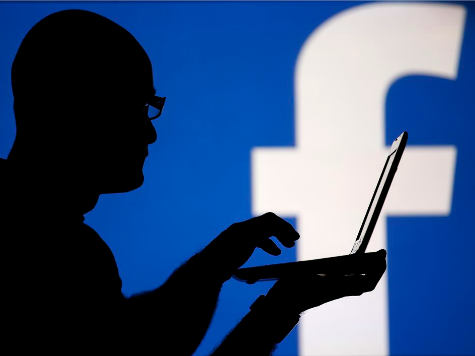
Two Facebook users, Matthew Campbell and Michael Hurley, have filed a class action lawsuit accusing Facebook of mining and intercepting private messages between users that contained URLs in order to profit from the information.
The complaint, which was filed in the U.S. District Court for the Northern District of California, claims Facebook had every incentive to intercept the private messages to sell the info to “advertisers, marketers, and other data aggregators:”
Representing to users that the content of Facebook messages is “private” creates an especially profitable opportunity for Facebook, because users who believe they are communicating on a service free from surveillance are likely to reveal facts about themselves that they would not reveal had they known the content was being monitored. Thus, Facebook has positioned itself to acquire pieces of the users’ profiles that are likely unavailable to other data aggregators.
Facebook is accused of having violated “the Electronic Communications Privacy Act and California privacy laws by its intentional interception of electronic communications.”
According to PC World, the “lawsuit asks for class-action status, an injunction against Facebook’s practices and damages from the company to class members. It claims the greater of either $100 a day for each day of alleged violation or $10,000, for each user claimed to be affected, besides damages under California law.”
A third-party Swiss firm, High-Tech Bridge (HTB), did some research last August and “sent trackable links through the private messaging services of 50 social media sites, and checked to see which of these clicked on the embedded URL. After 10 days of the experiment, they found that only 6 companies took the bait – but those six include Facebook, Twitter, and Google +.”
Other sites, like LinkedIn, Gmail, and AOL, reportedly did not click on the private links according to the HTB study.
A Facebook spokesperson denied the claims made in the lawsuit, saying, “We believe the allegations are without merit and we will defend ourselves vigorously.”

COMMENTS
Please let us know if you're having issues with commenting.